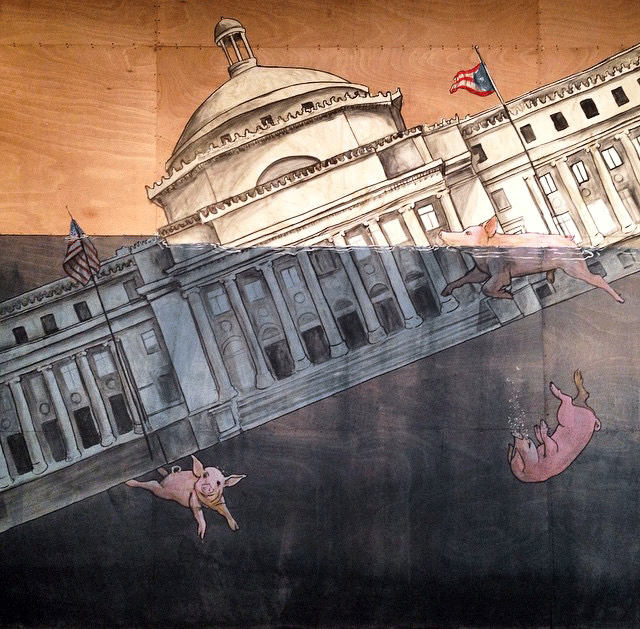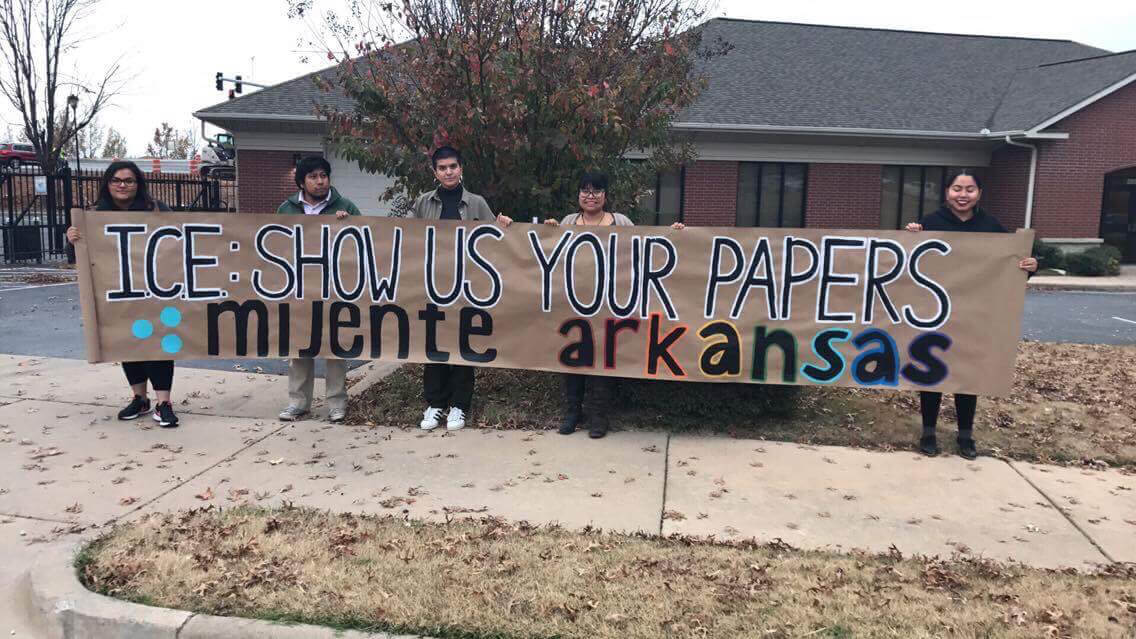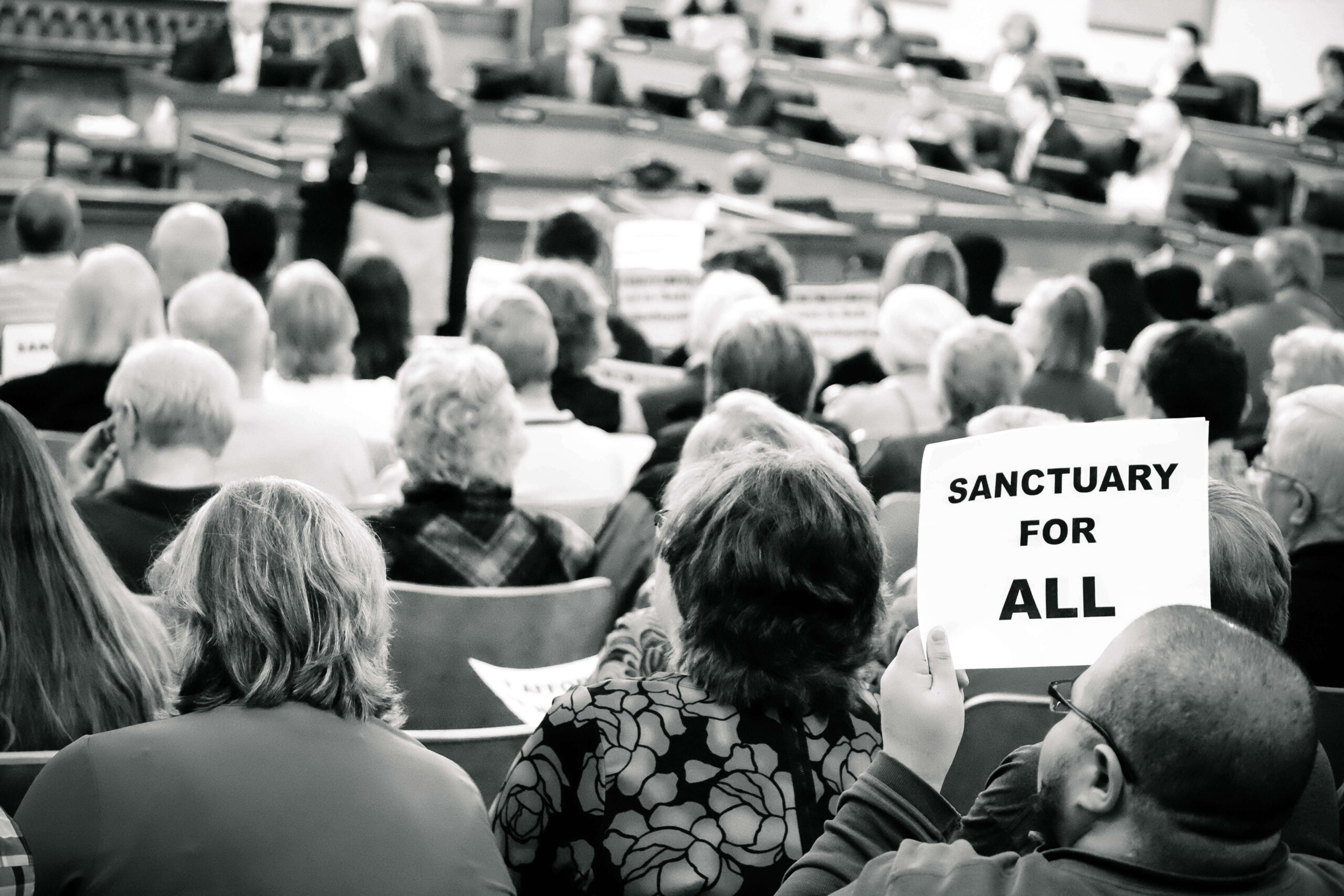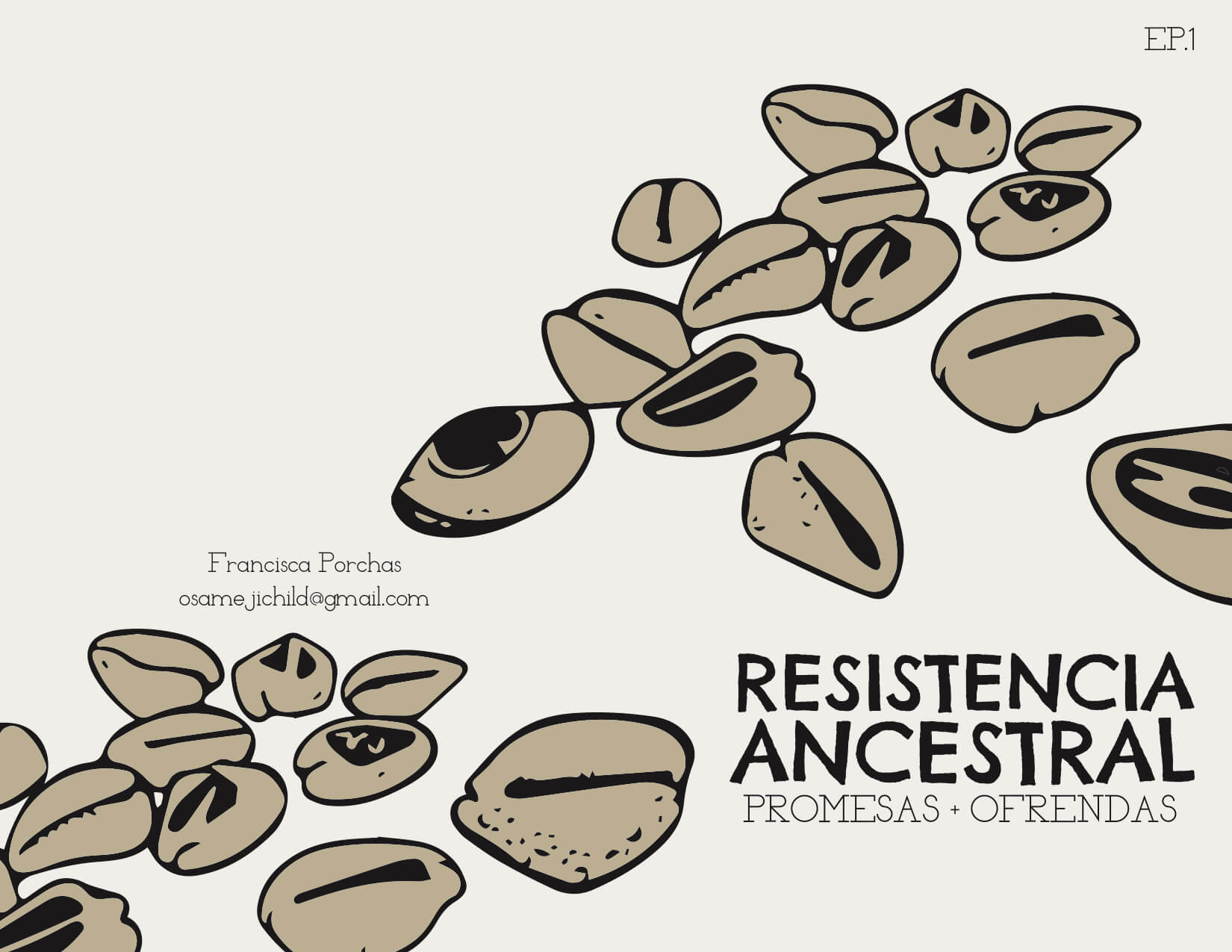While desperation is brewing in Puerto Rico after Hurricane María, anger is reaching a boiling point in its Diaspora. The few U.S. media to care enough to report, detail an accelerating scarcity of safe drinking water, gasoline, and food. Most islanders are without electricity, so the Diaspora linger with the unknown, left to see a President, that Puerto Rico can’t vote for, say help may take a little longer and, lest we forget, there’s debt to be “dealt with.”
“Have you received any help?” my grandmother asks her niece, who is among the lucky few with a working phone. “No, no one has come to our town. And we’re running out of food.”
If there was any doubt Puerto Rico was a colony of the United States, Hurricane Maria ferociously and, unceremoniously, swept it all away. The once advertised splendor of being the “best of both worlds,” is gone with only the dark and ugly core of a false dream left for all the world to see. Some say that the thin veil of lies about a “Estado Libre Asociado,” or “Commonwealth” status were exposed last year when Congress imposed a Fiscal Control Board (“La Junta”) answerable only to the Feds. Others say it was when the Supreme Court reaffirmed that Puerto Rico is the dominion of Congress. I believe that today, in the nucleus of catastrophe, we have our final answer. But will my people accept it, mourn the death of a lie, and now ask, “When can we truly be free?”
I
Holding back tears, my grandmother’s partner recounted the requested promise he made to his dying father. “I will, Papi, I assure you, see Puerto Rico independent one day.” “Keep waiting!” my grandmother blurted from the kitchen. He wasn’t offended and I wasn’t surprised. Like most Peñas from her rural community of Barrio Lirios Dorados in Juncos, she’s a Muñocista, an adherent to the status quo’s architect. The first governor allowed to be elected by the U.S. Congress, Luis Muñoz Marín sold the Estado Libre Asociado and its constitution as a “mutual pact” between two nations. With pride and nostalgia, my grandmother often says that her father was the first person in town to vote for Muñoz’s Partido Popular Democrático.
Despite living in Diaspora, I was raised to love Muñoz Marín too, to believe in this “agreement,” to honor my U.S. citizenship like a golden calf. The symbol of his party, the jíbaro or countryside man, meant us, didn’t it? My antecedents were indeed the jíbaras and jíbaros who worked land that they didn’t own, for sugar companies exporting profits to the continent. For them, Muñoz Marín finally offered hope for the forgotten, and resources, even if his government repressed anyone who tried to do the same while asking for independence. To this day young cousins in the Barrio joyfully pass on the lore that school kids of the era got 50-cent shoes.
Even literature about that epoch will tell you that it’s when Puerto Rico’s star shined brightest: highways, music festivals, visitations by Marilyn Monroe. Modernization and “Progreso,” the favorite word of a Puerto Rican dreaming of significance in the world. Why mourn for a Cuba descending into communism when you can have Puerto Rico, “Estado Libre Asociado”, a thriving capitalist alternative in the Caribbean? “Lo mejor que Dios ha hecho es mi linda Borinquen” sang Myrta Silva six decades ago among a backdrop of exquisite beachfront hotels. “The best that God has created is my beautiful Puerto Rico” is what many believed and His grace was in Progress. Since U.S. schools ignored Puerto Rico’s existence all together, I learned this all on my own, but my family reinforced these perspectives. As I gained critical thinking skills, however, the question finally dawned on me: If Puerto Rico was such a thriving place, then why were we here, in cold New York and then Chicago?
I asked. The answer wasn’t really clear.
I kept asking.
Why was family in Puerto Rico still poor? No answer.
As the years went by Puerto Rico’s fragile economy collapsed, again, and another migration avalanched onto the continent.
Why are we moving to Chicago, to Philly, to Nueva York, to Orlando, and Orlando, and Orlando? Why are there more of us here than there, now? Why does the U.S. census project that Puerto Rico will loseanother 500,000 in the next eight years?
When fellow junqueña Rita Moreno quipped in West Side Story that “everyone there would have moved here,” it was taken as a joke, but in hindsight, it was a warning.
II
My grandmother’s partner once remarked that jíbaros loved Muñoz Marín because they were simply just that, jíbaros, inferring that the humble people of the land allowed their interests to be exploited by a so-called Messiah. Abuela’s only response was a smirk, but like any true jíbara, so much is said with a mere gesture. I can imagine her thinking: “I know everyone believes we’re stupid, jíbaros venerated by The Nation, by poets, but looked-down upon in the streets; our votes and loyalty can be bought and we ask for only crumbs. But your perceptions don’t bother us. We know we have power, because it is you, managers of the colony, who come to us to ask what we need. And we will tell you: shoes, water, and electricity. Give it and we will honor you, because there’s nothing worth more than a jíbaro’s word.”
Three decades after Muñoz Marín death, the state he built can no longer provide any of those things. The U.S. government has no interest in such fidelity because “a los yanquis lo que les interesa es la jaula, no los pájaros.” “What the Americans want is the cage, not the bird” said Muñoz Marín’s arch-nemesis, Dr. Pedro Albizu Campos in the 1930s. In other words, Puerto Rico was too Black and poor for a racist imperial power to ever accept as kin; but the land could reap many benefits if towed correctly. Even in the face of disaster, Congress and the President delayed waiving the Jones Act for more than a week, preventing other nations to directly ship crucial aid because it would harm U.S. shippers. This is also the same President whose business took over, and then bankrupt, a golf course, adding $32 million to the colony’s debt.
Nonetheless, after 100 years of citizenship that can be revoked with a stroke of a President’s pen, and after the death of many in U.S. wars, some Puerto Ricans maintain faith that they will be seen, heard, and cared for by Washington. Post-Hurricane María, I ask, are you willing to exchange that faith for a bottle of water, a phone call from your father, or gasoline in your generator? As time goes by and anguish stretches, more will perilously hand over just about anything for a chance to survive. And there they will be, La Junta, the governor, and local elites, eagerly waiting to offer the quixotic delusion of statehood to them all, while hiding knowledge that it can only happen if enough birds fly away. And die.
III
I no longer have any disillusions; the Muñoz dream died for me long ago. Its slogans buried beneath the concrete ruins of the burning Bronx I was born in, drowning in the flooded housing project caseríos of a fabled tropical utopia. The dream is dead and dying for many others and decolonization is a necessity.
Now more than ever I believe Puerto Rico needs to be a sovereign nation. Everything I’ve learned and everything I see teaches me this. But even in the midst of an encroaching chaos, the great-grandchildren of those jíbaras and jíbaros will only listen if it’s a viable alternative. As global warming and its hurricanes unmask colonialism everywhere, this is the challenge and opportunity presented to us again, but with clicking time bomb. If we do not take this historic opportunity to better convince our compatriots to reclaim their decolonization, there may a time where truly “everyone there would have moved here” and Puerto Rico once was a place where we all called home.

Xavi Burgos Peña is co-founder of La Respuesta magazine. He is a Boricua/ Dominicano of the Diaspora who has lived his life between New York City and Chicago. His professional experience is mostly in the area of community-building, including youth development, social marketing, and organizing against gentrification. His journalism credits include being editor and chief designer for Que Ondee Sola magazine, columnist for La Voz del Paseo Boricua newspaper, contributor to Gozamos magazine, and guest writer for Claridad newspaper in Puerto Rico. This article originally appeared on Gozamos.




